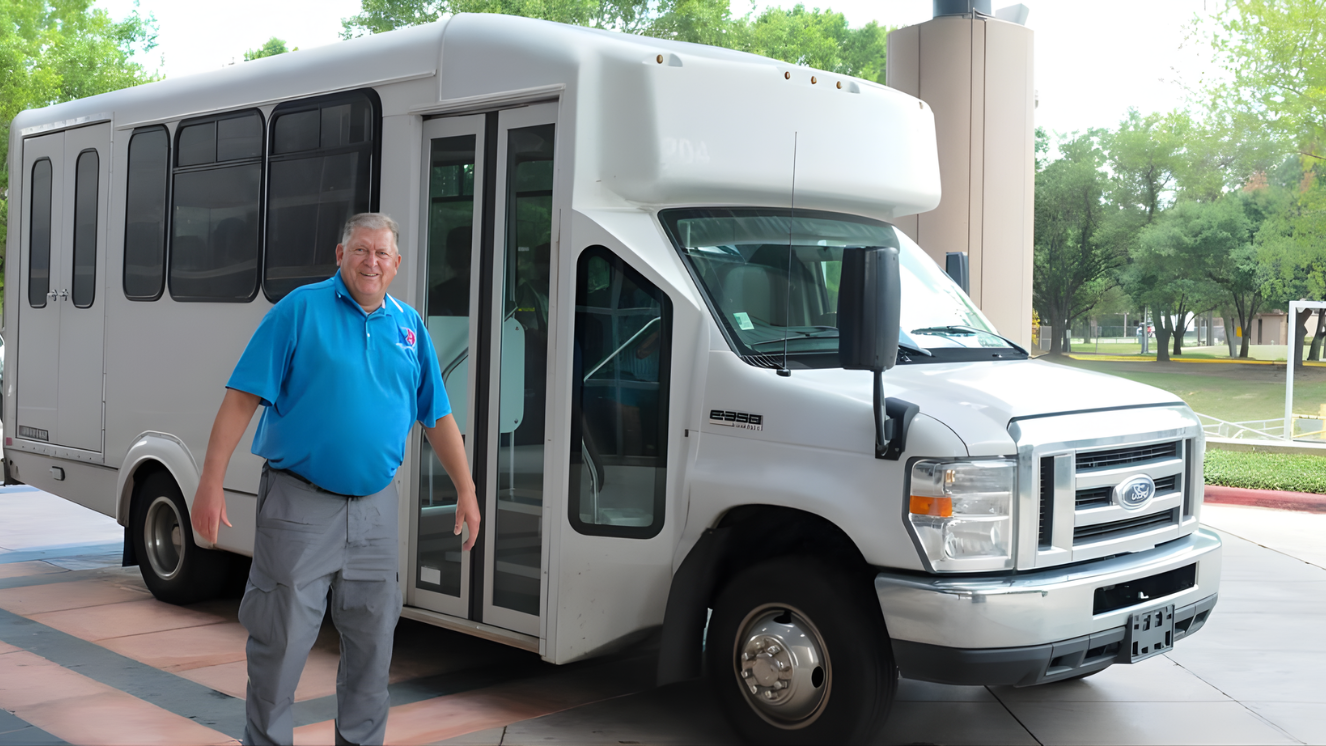HOW TO USE THE NATIONAL CENTER FOR PTSD AS A VETERAN
COMMENT
SHARE

If you have recently been diagnosed with post-traumatic stress disorder (PTSD) or have other questions about getting a diagnosis, one of the most important things you’ll do is gather information to help support you in getting proper treatment. One of the best places for Vets to get support is the National Center for PTSD.
What the VA National Center for PTSD Offers Vets
There’s no doubt that it can be hard to cope with PTSD symptoms in your life, and it can also feel overwhelming to determine what options you have for treating the symptoms. The more you can lean into all your support systems in terms of medical professionals, family, friends, and organizations, the easier it will be to figure out the treatment plan that works best for you. The U.S. Department of Veterans Affairs National Center for PTSD is one such important resource. You can use it as someone who has a PTSD diagnosis, is looking to get a diagnosis for PTSD, or if you want to learn how to support someone with PTSD. You can visit the National Center for PTSD website here, and you can learn more about some of the programs mentioned in this article. You can also find some of their services and other support offerings by searching “resources for PTSD near me.” Your healthcare provider may be able to point you in the right direction with additional PTSD resources, including those provided by the VA National Center for PTSD. More like this:How To Cope With PTSD & Get Off the Couch When Life Gets You Down
Military PTSD Stats
The War on Terror brought the impacts of active-duty service home for many. While this has led to increased research and general interest in PTSD, many Veterans and people in service are still struggling to cope with the impacts of PTSD. The National Center for PTSD is one of many support organizations out there, and it’s important to find a group that you feel comfortable with when you’re looking for assistance with your symptoms. Research on PTSD, especially military PTSD stats, continues to evolve. It’s likely that more research will come out on these topics in future years, but for now, you can put yourself at the cutting edge of the work that’s been done by working with the National Center for PTSD. Here is some insight into how the military is impacted by PTSD:
- A study with over 60,000 Iraq/Afghan War Vets found that over 13% screened positive for PTSD.
- It is believed that PTSD is underreported and that the real number of Veterans with PTSD is somewhere between 11% and 20%.
- PTSD often coexists with depression and substance abuse.
- The risk of PTSD increases with stressors and additional traumas, so some service members might have more serious impacts of PTSD over time.
How To Get Help From the National Center for PTSD
It all starts with an initial consultation. You can contact them over the phone at 1 (866) 948-7880 or via email at ptsdconsult@va.gov to get the process started. A consultant will then reach back out to you for more information. From there, you could be connected to a few different programs supported by that organization. This includes medication, evidence-based treatments, screenings, resources, and collaboration with the VA on Veteran care. The PTSD consultation program is also available to healthcare providers who are or are not affiliated with the VA. This includes nurse practitioners, social workers, physicians, and marriage and family therapists. You can also get access to over 40 online courses about trauma and PTSD, some of which carry free professional credit. This program is not open to Veterans unless you're a Veteran who is currently a healthcare provider and you treat other Veterans. If you’re a provider, consider reaching out to the National Center for PTSD to gather more information about how to leverage this program and which resources can be on hand for any patients who might have this condition. If you’re a Veteran, get a head start on self-care by getting in contact with the National Center for PTSD. Read next:Signs of PTSD: A Special Ops Veteran’s Awakening (Personal Story)
Join the Conversation
BY LAURA BRIGGS
Laura Briggs is a Contributing Writer at VeteranLife.com.
Laura Briggs is a Contributing Writer at VeteranLife.com.



